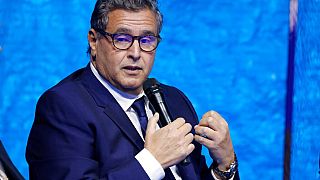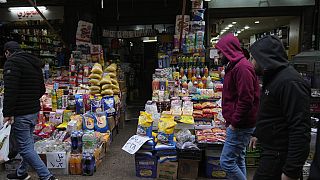Kenya
Fuel prices have risen once again in Kenya after the government partially removed subsidies that cushioned consumers from the global hike in oil prices.
The energy regulator said late on Wednesday night that it had removed the subsidy for super petrol while retaining a smaller subsidy for diesel and kerosene.
At the new prices, super petrol – mostly used by private motorists – will now cost about 179 shillings ($1.5) a litre, up from 1.3 dollars while diesel, which is used by transporters and industries will cost about 1.4 dollars in the capital, Nairobi.
Kerosene, which is mainly used by low-income households for cooking and lighting, will cost about 1.2 dollars a litre.
It comes after President William Ruto called fuel and food subsidies "costly and ineffective", in his inaugural speech, Tuesday.
Ruto said Sunday that Kenya was "in a deep economic hole" and repeated his pledge to lower the cost of living as a priority upon taking office.
The East African political and economic powerhouse is reeling from a once-in-a-generation drought and inflation is at five-year highs. In June, the World Bank projected Kenya’s (GDP) would grow by 5.5 percent in 2022, a moderation following last's year recovery when the country’s economy grew by 7.5 percent.










Go to video
Paraguayan town celebrates vibrant Kamba Ra'anga festival with masks, fire and tradition
00:28
Nairobi hawker shot at close range by police declared brain dead
Go to video
Kenya's Interior minister accuses protesters of coup attempt after deadly demos
00:48
Death toll in Kenyan anti-government protests rises to 16, says rights group
01:40
Kenya protests turn violent as court, activists demand justice for victims of police brutality
01:07
Kenya prepares for first anniversary of Finance Bill protests